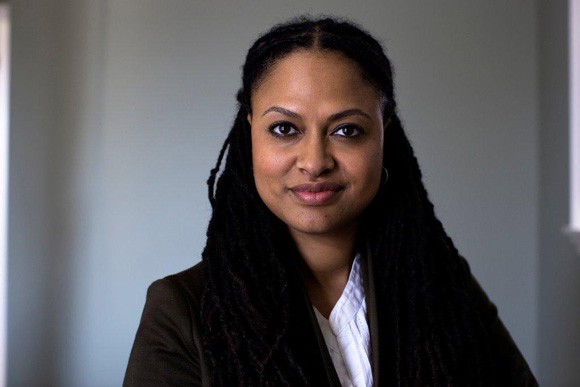Ava DuVernay knows that films by women and minority filmmakers don’t just need to be made, but also seen.
To increase distribution for works by under-represented directors, DuVernay is expanding her five-year-old distribution company, African American Film Festival Releasing Movement (AFFRM), under the new shingle Array.
“I’ve always felt as if there were so many films that get made but not seen,” she said. “The real focus of our company has always been distribution. What we’re doing now is opening our arms a little wider and enlarging our mission.”
DuVernay clarified to Women and Hollywood that she’d “continue to oversee development and strategy for all Array initiatives, keeping [her] hands in everything from acquisition to membership to events,” which includes hosting the popular filmmaker-to-filmmaker podcast “The Call-In.”
“I’m much more interested in affecting the energy of creative people and artists more than the distribution market and the industry at large,” she said. “I’m not trying to change the same old game. I just want to go play my own game with like-minded people. That’s how I see it. We create a space to distribute and amplify films made by women.”
“I hope the takeaway is one of support, camaraderie and collaboration,” she added. “Together we are strong.”
Array will release two films this fall: Sara Blecher’s South African coming-of-age drama “Ayanda and the Mechanic” and Takeshi Fukunaga’s “Out of My Hand,” about a Liberian-American immigrant. The company also recently partnered with Netflix to make available Tina Mabry’s “Mississippi Damned,” a family drama.
“It’s a definite evolution of what we were doing at AFFRM,” DuVernay said. “When I was out promoting ‘Selma,’ I became aware of so many other films that ought to be getting distribution. And this is a problem I can do something about because of my experience.”
AFFRM released DuVernay’s “Middle of Nowhere,” which made its director the first African-American woman to win the Best Director prize at Sundance.
Array’s distribution model will focus on art-house theaters and streaming platforms.
[via Variety]






